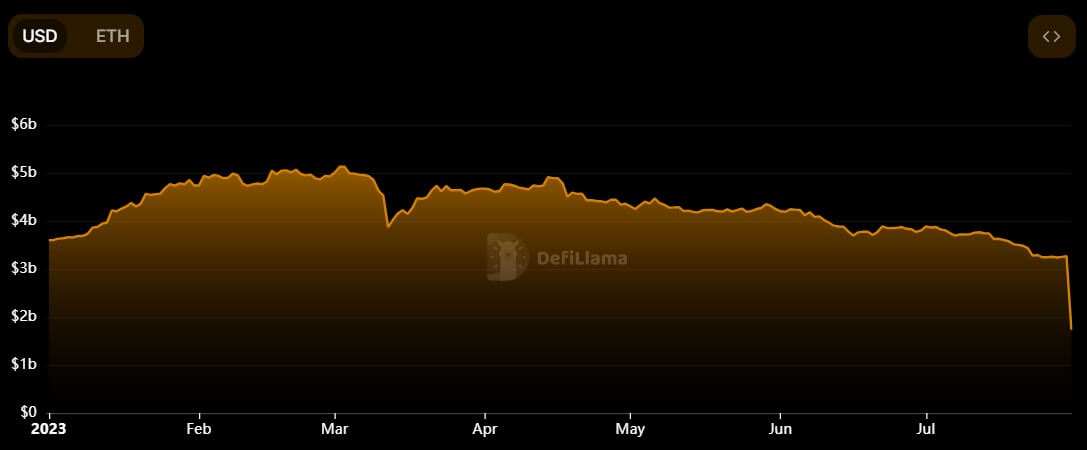2018-7-9 20:00 |
Building smart contracts can be done with many different projects and coding languages. In the case of Ethereum, the Solidity coding language is the main method of approaching this new technology. It now seems a new language is also making inroads, as Vyper is designed to be more secure, feel more natural, and improve auditability.
The Reason Vyper ExistsAlthough smart contracts have tremendous potential, it is not the most approachable technology by any means. Especially when building such contracts on the Ethereum blockchain, learning the Solidity coding language can be a bridge too far for a lot of people. This is why Vyper is making inroads, as it is designed to be a more natural coding language for building smart contracts. Some friendly competition in this regard is never a bad thing.
How Is it Different?On the surface, Vyper will take the same approach as Solidity, even though it is a coding language which should be more approachable by developers. Additionally, it will improve the security of smart contracts built on top of Ethereum. The creator of this new experimental coding language prioritizes simplicity and convenience.
There are some key differences between Vyper and Solidity as well. Vyper lacks coding modifiers and thus prevents the creation of misleading smart contract code. It avoids arbitrary preconditions without the end user being the wiser. Moreover, it adds a bit more auditability to these contracts, as Solidity’s modifiers can be detrimental in this regard.
Additional features found in Solidity have been removed in Vyper to streamline the coding process and improve the end result. Its GitHub page explains what differences people should look out for, but it seems Vyper is a logical evolution of smart contract coding in general. Even though this language is far from commercially viable right now, the potential is certainly there.
What Comes Next?Vyper is still in the relatively early stages of development. Even so, its GitHub repository is accessible to everyone, and developers interested in exploring this technology are already able to build new contracts. Whether or not it will ever compete with Solidity directly and successfully is very difficult to predict. Giving developers more options will make this technology more accessible, which is a good thing.
origin »Bitcoin price in Telegram @btc_price_every_hour
Time New Bank (TNB) на Currencies.ru
|
|
